
ICAS Bulletin (online ISSN 2836-3418, print ISSN 2836-340X) is published every other week throughout the year at 1919 M St NW, Suite 310, Washington, DC 20036.
The online version of ICAS Bulletin can be found at chinaus-icas.org/bulletins/.
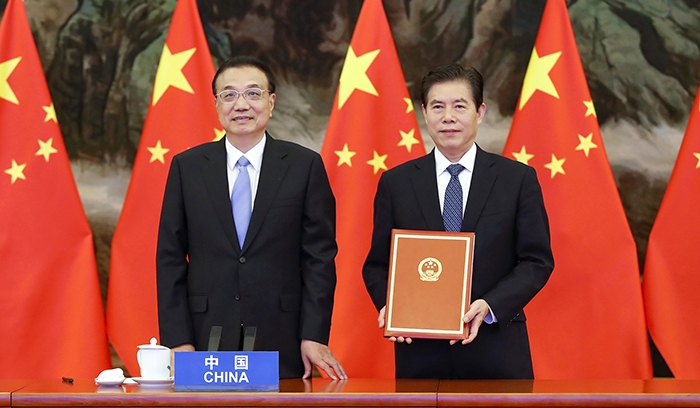
– On January 1, the Regional Comprehensive Economic Partnership (RCEP), a China-initiated Asia-Pacific free trade agreement, the largest of its kind, entered into force.
– On December 31, the Phase One Trade Agreement between the U.S. and China expired. Analysts estimate that China did not meet its purchase commitments of U.S. goods, while official U.S. assessment and consequent negotiations are still pending.
– On December 27, China issued its first white paper on export controls, pledging to develop “fair, reasonable and non-discriminatory” global export controls against “abuses” by some “individual countries.”
– On December 22, China Telecom’s U.S. unit announced that it will continue to provide services, despite having its authorization to operate revoked by the FCC, until “a final factual determination and decision” is communicated.
– On December 16, the Biden administration imposed trade restrictions on 34 Chinese research institutes and entities over human rights concerns, including through the use of biotechnology and “purported brain-control weaponry.”
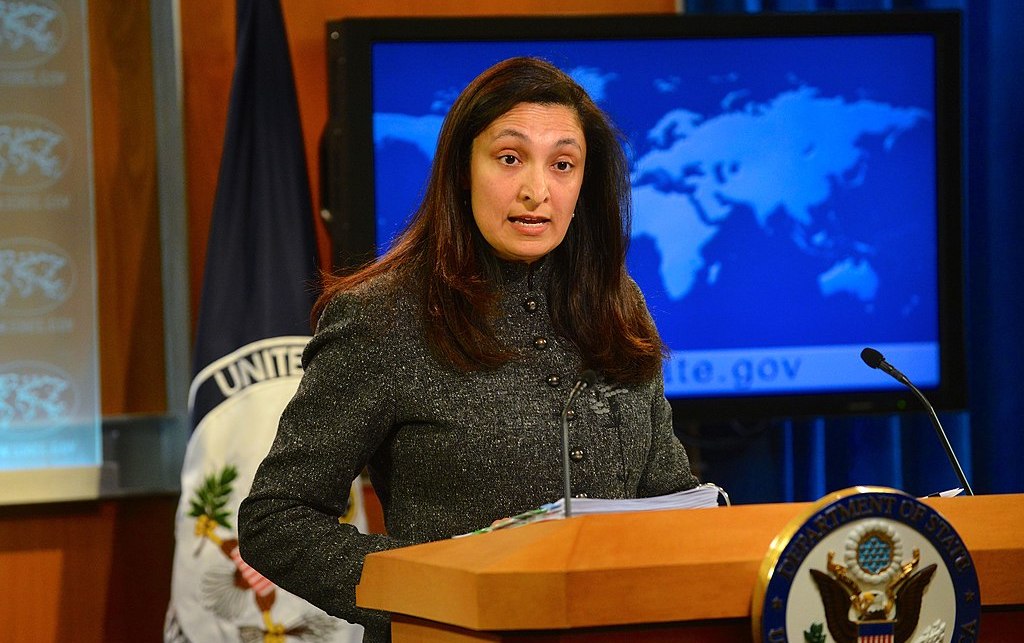
– On December 24, Walmart faced criticism and backlash from Chinese netizens following reports that Walmart and its subsidiary Sam’s Club had stopped sourcing products from Xinjiang.
– On December 23, President Biden signed into law the Uyghur Forced Labor Prevention Act which bans imports from China’s Xinjiang region over human rights concerns.
– On December 20, Under Secretary of State Uzra Zeya was appointed to be special coordinator for Tibet “to preserve the religious, cultural, and linguistic heritage of Tibetans.” China “firmly reject[ed” the appointment and urged the U.S. to “stop using Tibetan-related issues to interfere in China’s domestic affairs.”
– On December 16, the U.S. Senate confirmed Nicholas Burns, a career diplomat with decades of experience in the Foreign Service, to be Ambassador to China. Burns took a hardline against Chinese human rights abuses in his confirmation hearing, calling for a combination of “competition and…intense diplomacy” with Beijing.

– On December 30, Chinese Foreign Minister Wang Yi warned the U.S. that there would be an “unbearable price” to pay if it continues to “encourage Taiwan independence forces” in an “[effort] to distort and hollow out the one-China principle.”
– On December 29, it was reported that the U.S. Pacific Command and Japan’s Self-Defense Force have agreed to a draft plan to come to Taiwan’s defense in an “emergency” situation.
– On December 27, President Biden signed the National Defense Authorization Act for 2022 which included a call to “as appropriate, invit[e] Taiwan to participate in the Rim of the Pacific exercise conducted in 2022.”
– On December 21, it was reported that Taiwan will soon require its tech companies to seek governmental approval before selling assets to counterparts across the strait.
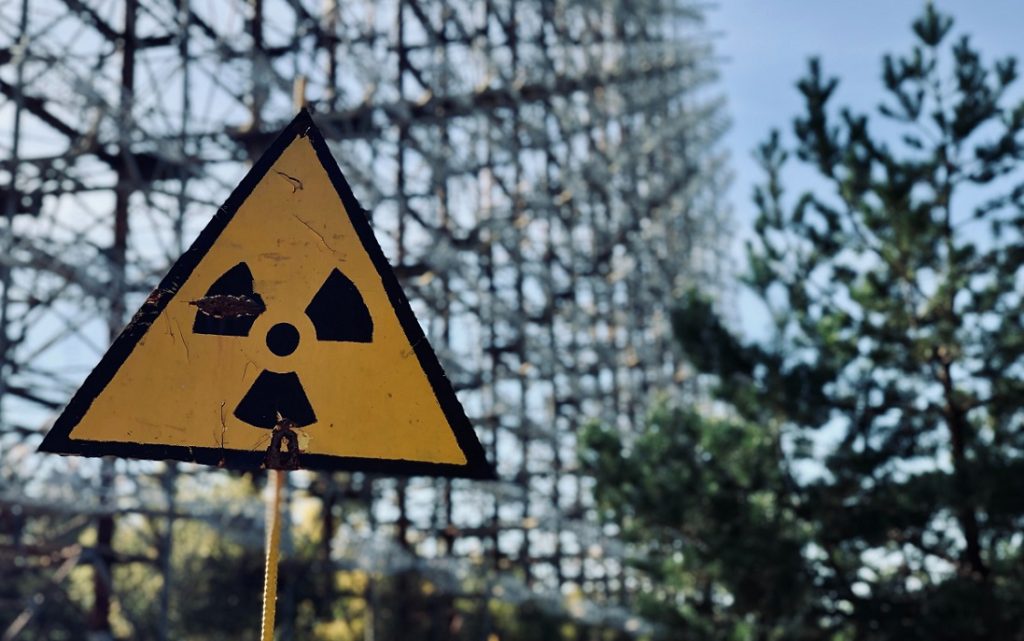
– On January 3, the world’s five largest nuclear powers issued a joint statement pledging to work towards “a world without nuclear weapons,” a rare point of military cooperation amid rising tensions between East and West.
– From December 15 to 17, U.S. and Chinese military commands held meetings to discuss operational measures to improve maritime safety in the South China Sea. Talks resumed after a no-show in 2020 brought on by heightened tensions.
– On December 16, Navy Secretary Carlos del Toro called out China’s state-subsidized fishing fleet for contributing to illegal and unreported fishing “on an industrial scale.”
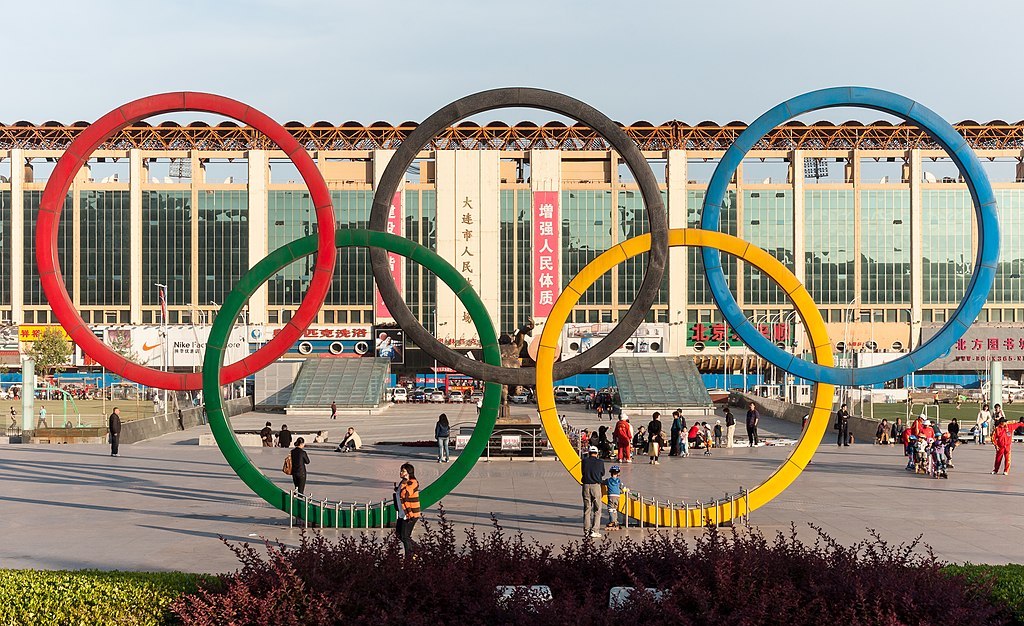
– On December 24, the U.S. submitted visa applications for 18 individuals to serve as part of a security detail at the 2022 Winter Olympics in Beijing, despite Washington’s diplomatic boycott of the games.
– On December 27, China’s Foreign Ministry derided the U.S. diplomatic boycott of the Olympics as a “farce,” while a spokesperson for the U.S. Embassy in Beijing said those personnel do not constitute official or diplomatic representation at the Games.
– In late December, the International Olympic Commission pulled out of a meeting with the ‘Coalition to End Forced Labor in the Uyghur Region’ citing “differences in approach, including regarding scope, process and confidentiality…in relation to labor rights.”
– With the Winter Olympics coming soon, China has locked down 13 million people in the central city of Xi’an in light of the ongoing frequent coronavirus outbreak.

“China harvests masses of data on Western targets, documents show,” Washington Post, December 31 [Paywall]
“U.S. Calls on China to Stop Targeting Hong Kong Journalists,” Bloomberg, December 29 [Paywall]
“China Scholar Jonathan Spence Dies at Age 85,” The Wall Street Journal, December 28 [Paywall]
“Japan and China partner on clean alternative for natural gas,” Nikkei Asia, December 26 [Paywall]
“The U.S. Pursued Professors Working With China. Cases Are Faltering.,” The Wall Street Journal, December 20 [Paywall]
“China’s new rare earth merger hands it ‘trump card’ in global fight for resources,” South China Morning Post, December 24 [Paywall]
“China’s new military base in Africa: What it means for Europe and America” ECFR,December 14
December 1 hosted by National Bureau of Asian Research
December 15 hosted by Hudson Institute
December 16 hosted by Quincy Institute
December 17 hosted by Center for Strategic and International Studies
January 7 hosted by Center for a New American Security
January 11 hosted by East-West Center
January 14 hosted by Center for Strategic and International Studies
January 20 hosted by Brookings Institution
In late December 2021, the sixth and final phase of the ICAS Biden Administration International Affairs Personnel Tracker was released with the addition of recently confirmed personnel including Ambassador to China Nicholas Burns, Ambassador to Japan Rahm Emanuel, and U.S. Special Coordinator for Tibetan Issues Uzra Zeya.
For the last 12 months, the team at ICAS has assembled the major U.S. international affairs policy positions in the Biden Administration, organized into four categories, and conducted research on their views on U.S.-China relations. With the final phase completed, the tracker now features 91 personnel from across the federal government, with the most vocal personnel continuing to receive a more engaging profile upgrade. All pages are periodically updated to maintain relevancy as circumstances allow.
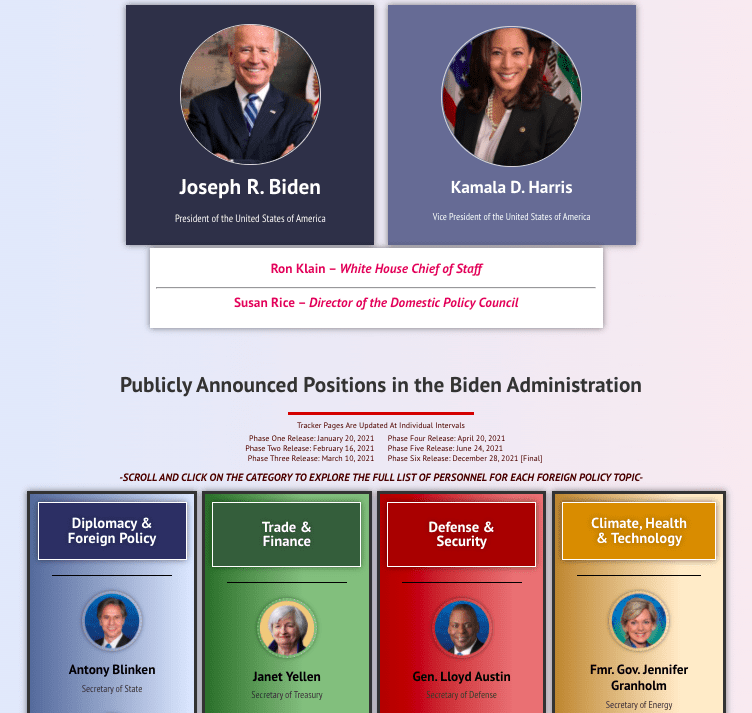
by Matt Geraci
December 22, 2021
On November 10, 2021, the U.S. and Chinese governments supposedly “surprised” the world by releasing the U.S.-China Joint Glasgow Declaration on Enhancing Climate Action in the 2020s. Even before this, however, since Biden’s inauguration, the phrase “U.S.-China cooperation on climate change” has been tossed around in both countries by academics, government officials, and pundits ad nauseum as the primary area where the U.S.-China relationship can improve. This buzzphrase is intended, at least in part, to evoke a sense of hope that China and the U.S., the world’s two largest national greenhouse gas emitters, are actively doing something to mitigate the impacts of climate change together. What is often left unanswered are the two most important parts: defining the “something” and the “together”. China and the U.S. owe it to their public to better define these two areas to be better held accountable by their citizens…
This article originally appeared on the China-US Focus website on December 22, 2021.
On Saturday, January 1, 2022, Senior Fellow Sourabh Gupta joined a discussion regarding the direction of the U.S.-China relationship in 2022 and President Xi Jinping’s New Year Address on CGTN America’s The Heat.
On Tuesday, January 4, 2022, Senior Fellow Sourabh Gupta was quoted by China Daily on the passage and implications of the U.S. National Defense Authorization Act for Fiscal Year 2022.


The Institute for China-America Studies is an independent nonprofit, nonpartisan research organization dedicated to strengthening the understanding of U.S.-China relations through expert analysis and practical policy solutions.
1919 M St. NW Suite 310,
Washington, DC 20036
icas@chinaus-icas.org
(202) 968-0595
© 2025 INSTITUTE FOR CHINA-AMERICA STUDIES. ALL RIGHTS RESERVED.